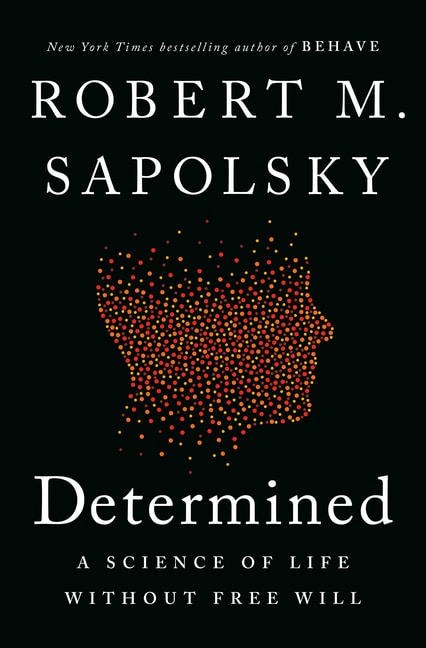Showing the single result
About Robert M. Sapolsky
Robert M. Sapolsky is a renowned American neuroendocrinologist, neurobiologist, and author, celebrated for his dedicated contributions to stress-related health discussions. He was born in 1957 in Brooklyn, New York. A distinguished alumnus of Harvard and Rockefeller University, Sapolsky holds a Bachelor’s degree in Biological Anthropology and a Ph.D. in Neuroendocrinology. He is the John A. and Cynthia Fry Gunn Professor at Stanford University, where his research focuses on issues of stress and neuron degradation, linking them to various health conditions and diseases.
Dr. Sapolsky has become a prominent figure in his field both for his groundbreaking scientific research and his exceptional ability to convey complex scientific concepts to lay audiences. His unique blend of rigorous investigation and accessible explanation has earned him both a prestigious MacArthur Fellowship and the status of a highly celebrated science communicator. Moreover, he is a regular contributor to publications including Discover and The New Yorker, sharing his keen insights with a broader audience.
As an author, Sapolsky has penned numerous articles and books illuminating the intricacies of the human body and mind. His most well-known work, “Why Zebras Don’t Get Ulcers,” elucidates the impact of chronic stress on the human body. Other notable books include “Behave: The Biology of Humans at Our Best and Worst” and “The Trouble with Testosterone.” His thought-provoking analyses and engaging writing style have earned him a wide readership and solidified his status as one of the most influential voices in neuroscience and behavioral biology.
